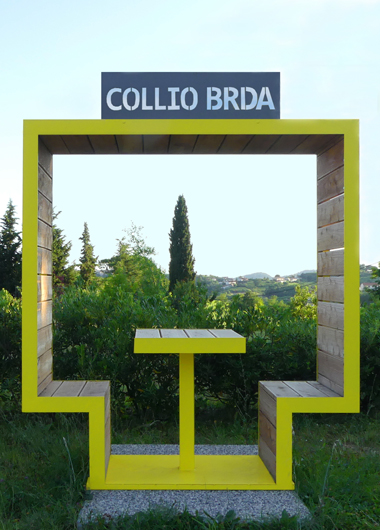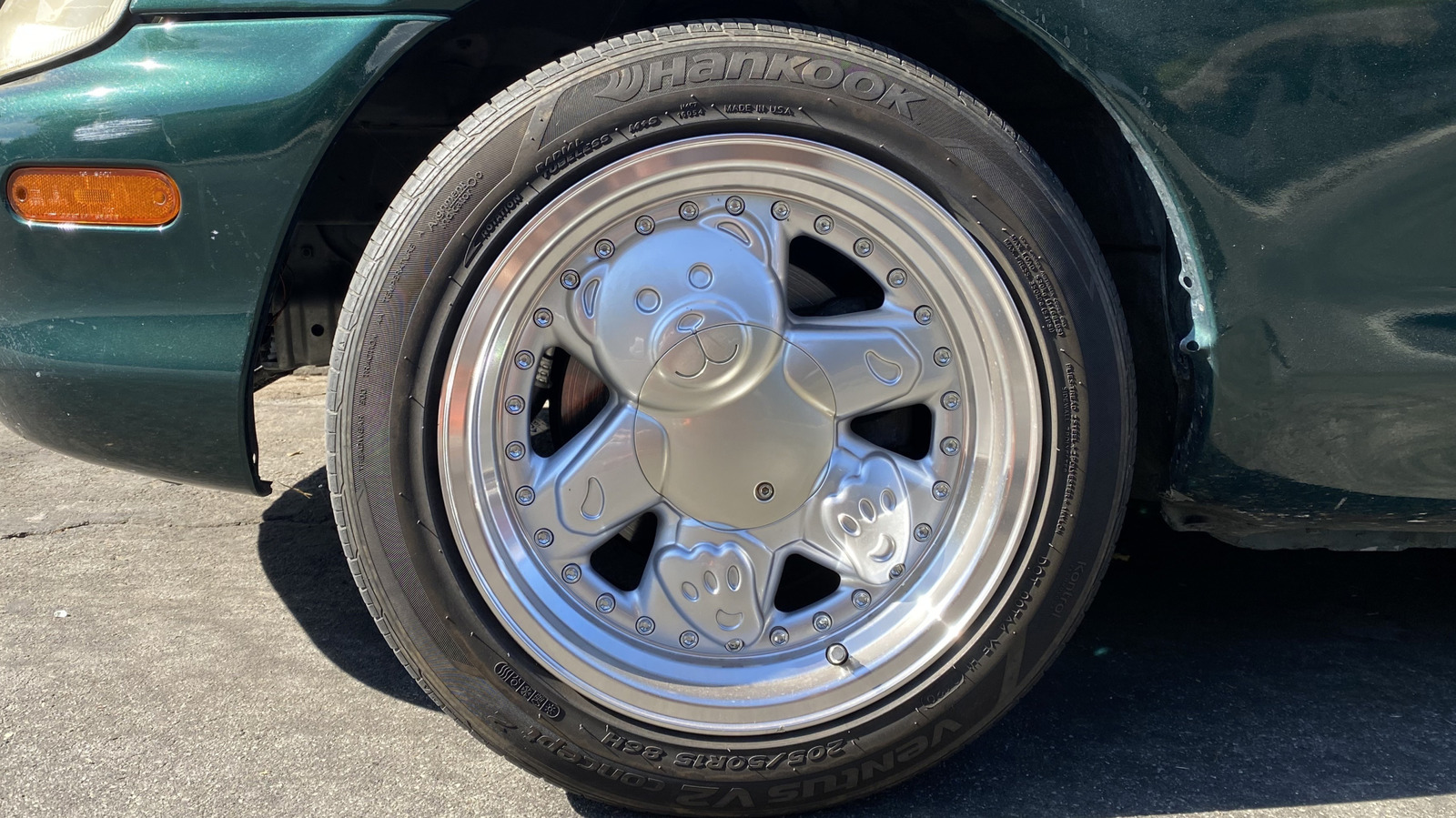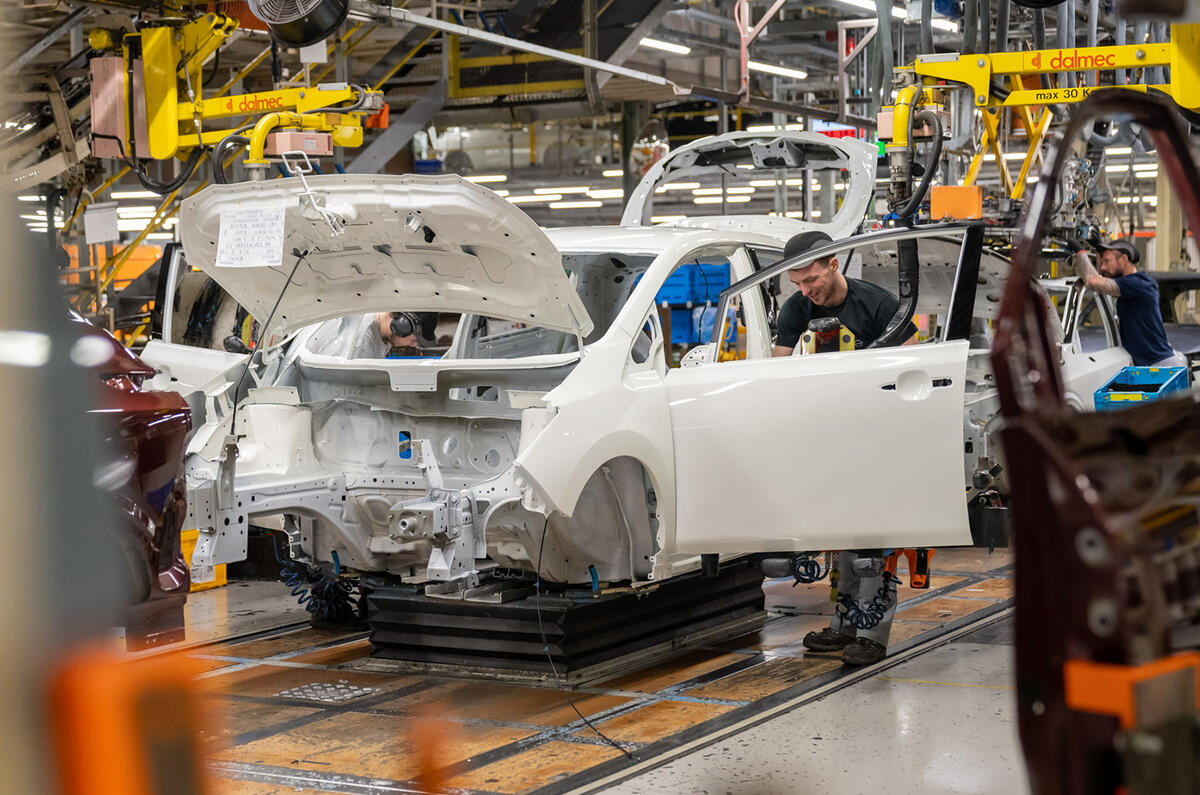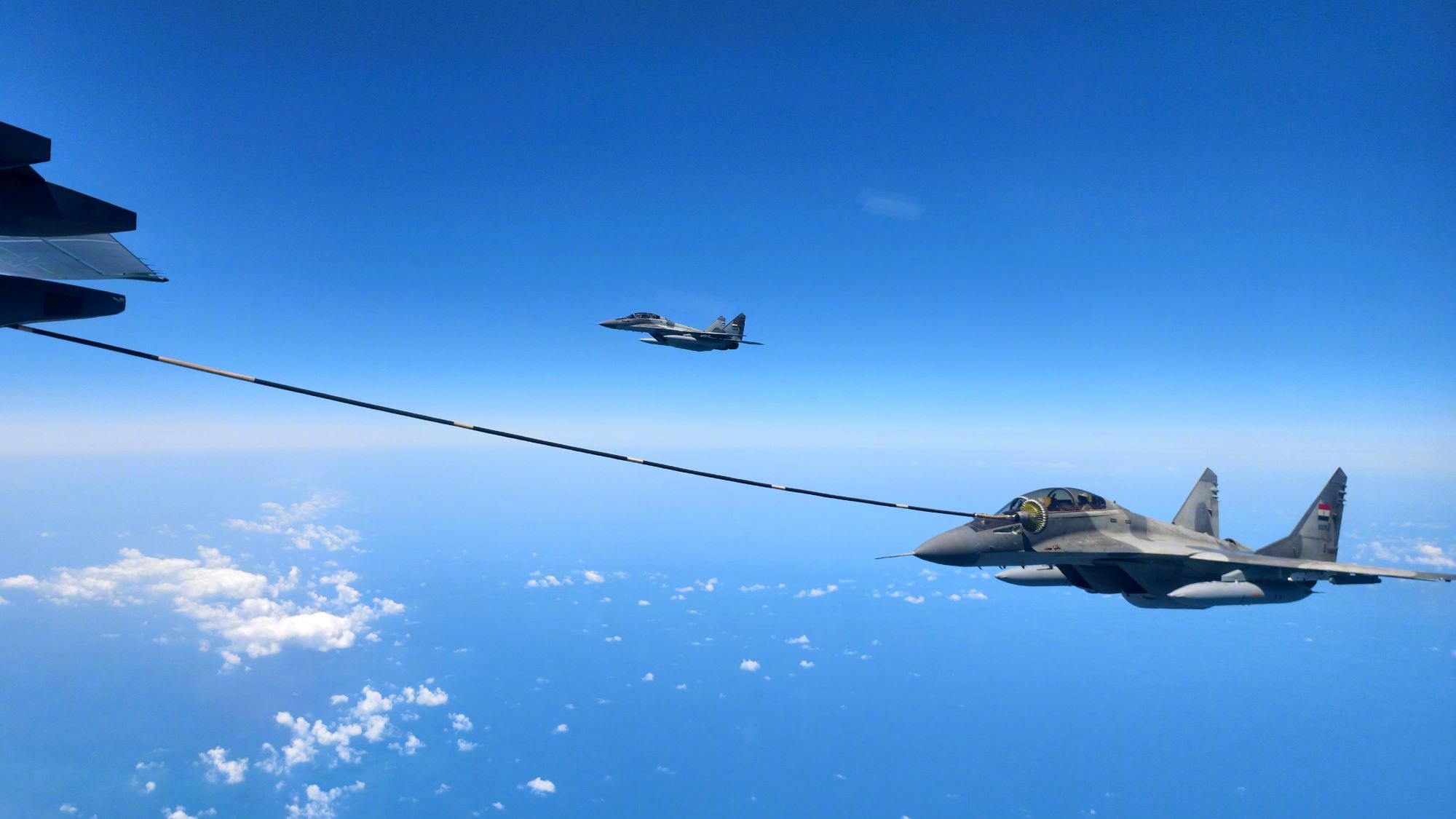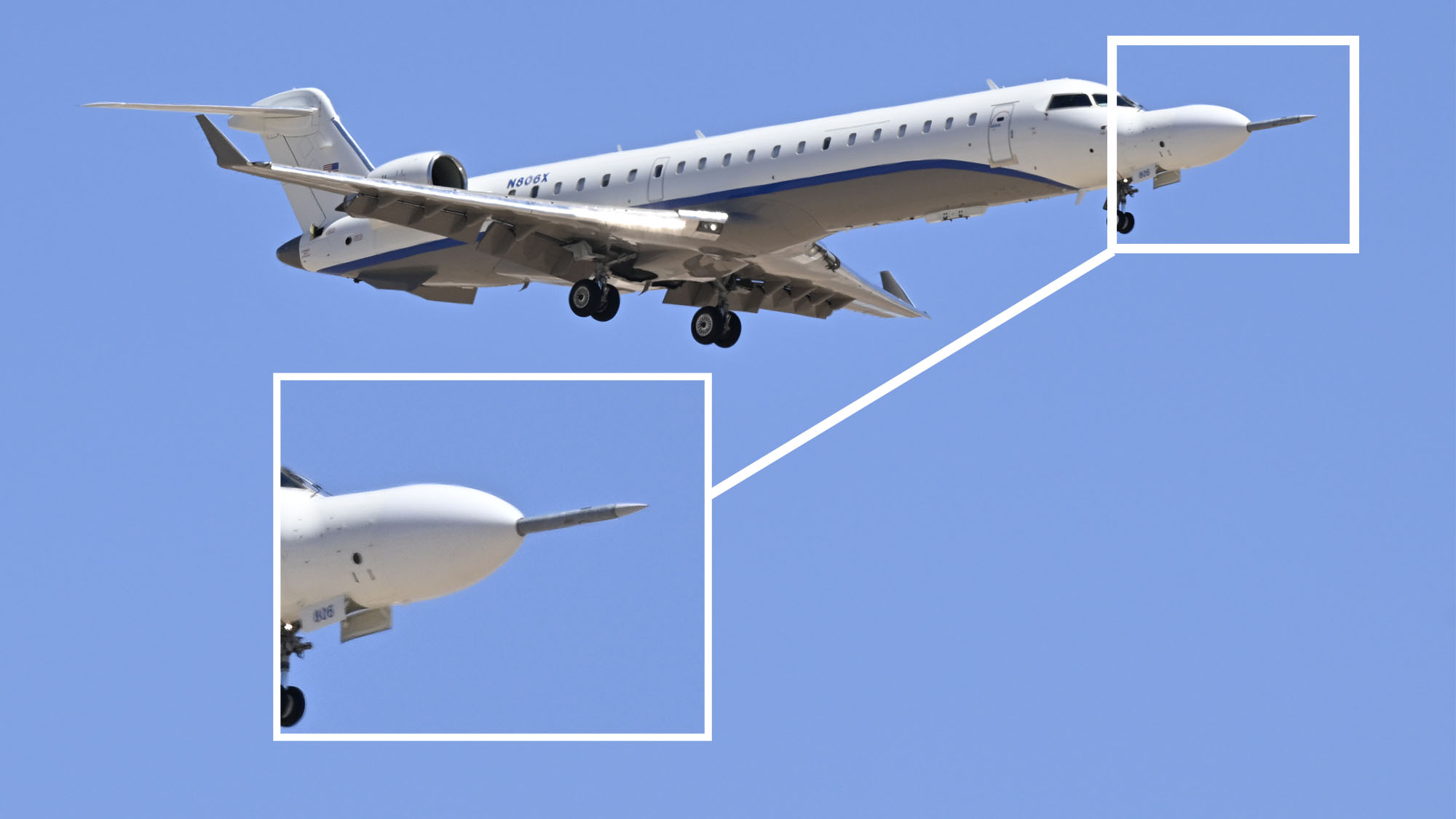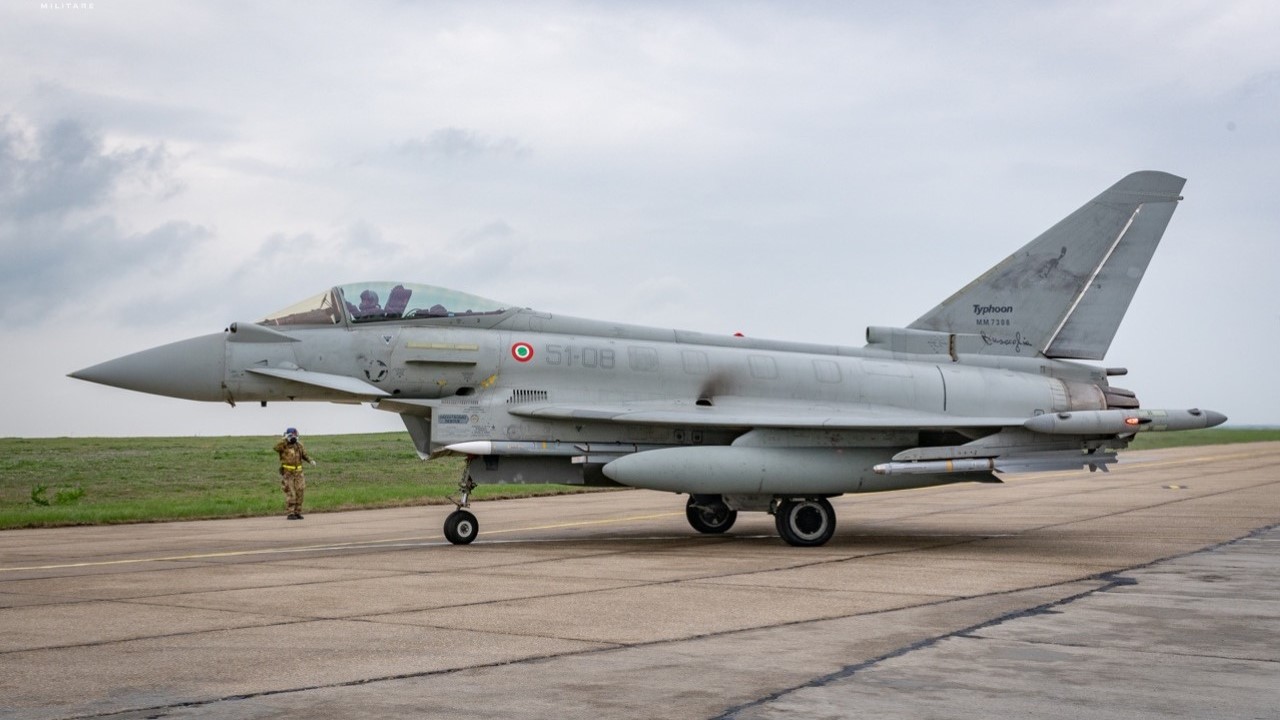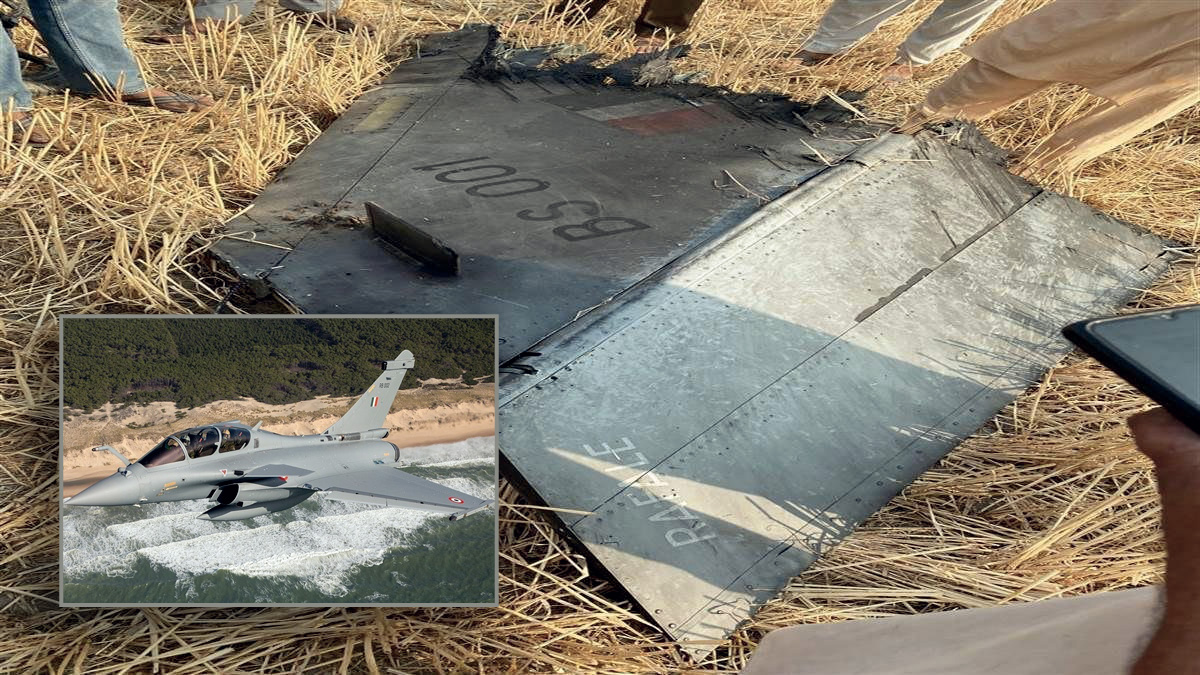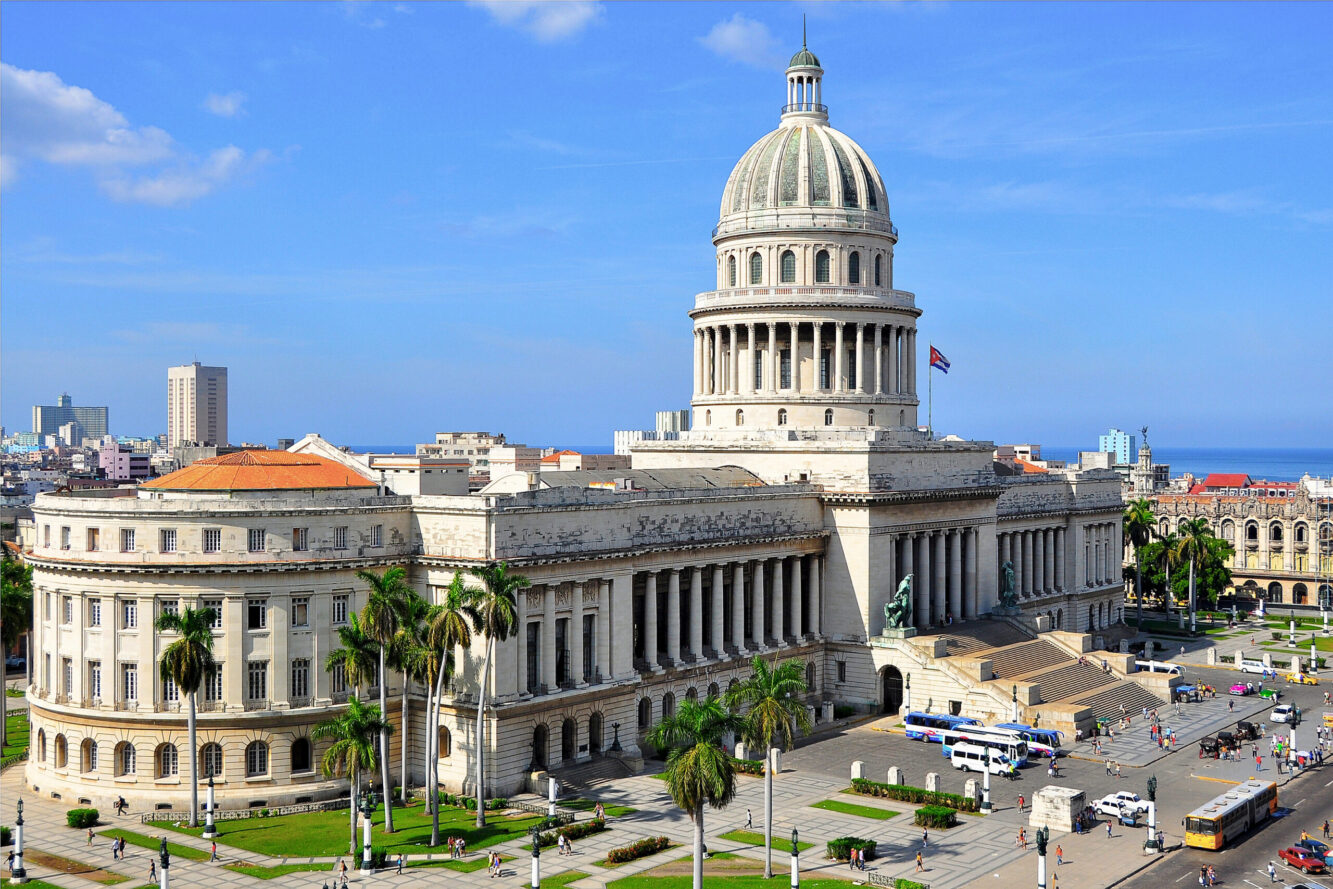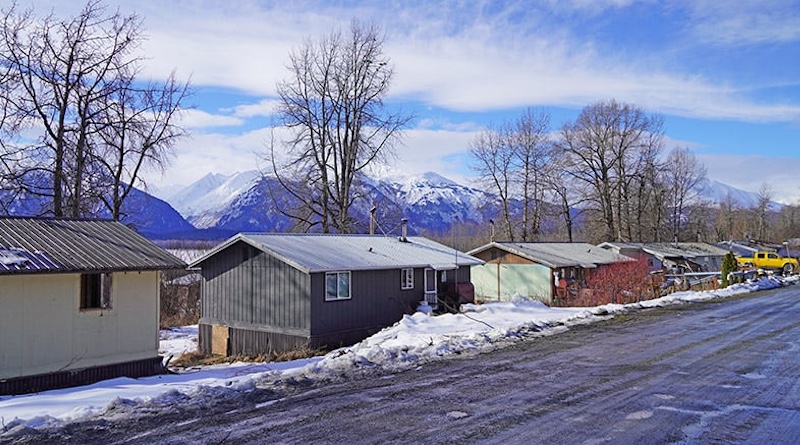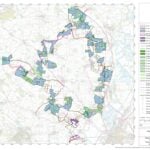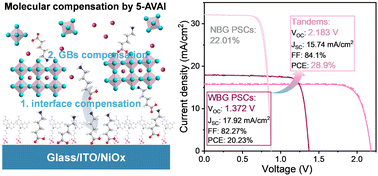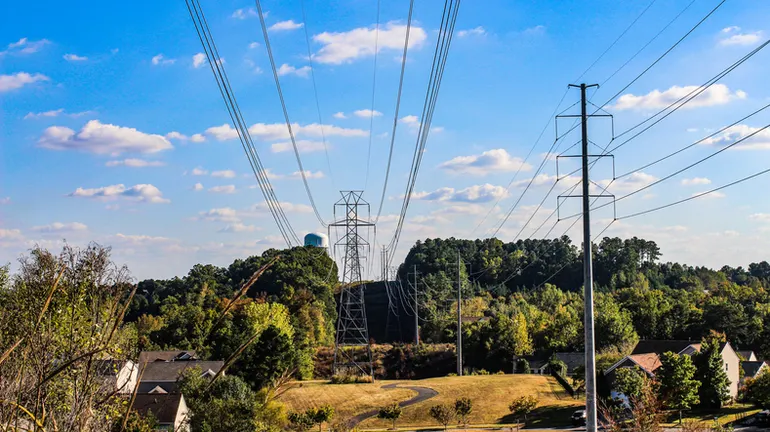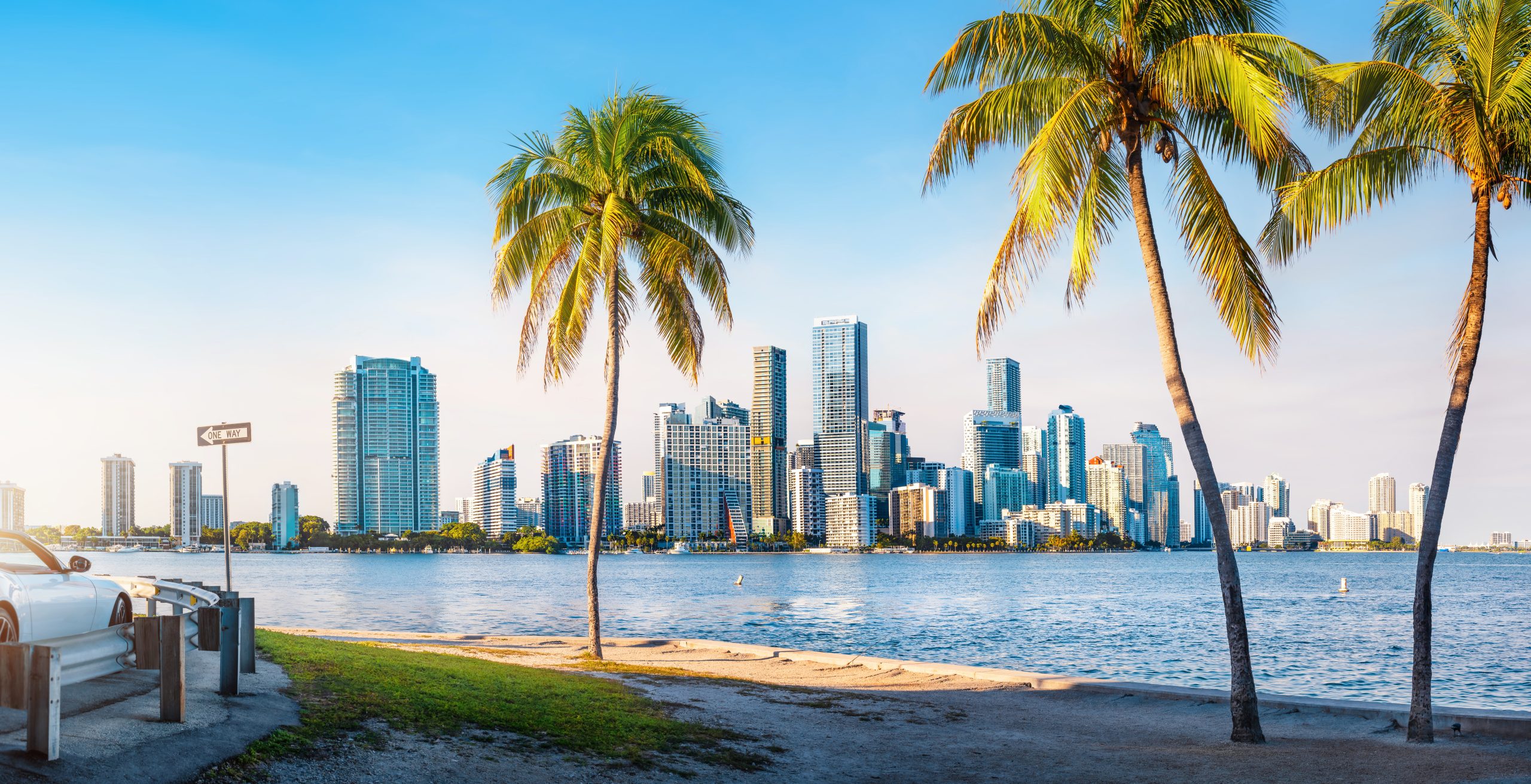Vineyard neighbours in North Adriatic’s Brda and Collio regions are taking part in an initiative that may go some way to mending divisions inflicted during World War Two. LM Archer reports.
In 1947, World War Two allied forces cleaved apart a historic winegrowing region in the northeastern region of Friuli-Venezia Giulia. On one side, Collio hewed to free-market Italy. On the other, Brda fell to communist Yugoslavia (present-day Slovenia).
Historically, the Austro-Hungarian empire governed the once-unified region for centuries. Then with the stroke of a pen, the arbitrary boundary forced families and neighbours apart, giving some just hours to vacate homes passed down through generations.
Displaced communities
Joško Sirk and his family were among the displaced, relocating to the town of Cormons, in the Italian province of Gorizia. There, Sirk’s father founded an osteria (small restaurant), La Subida.
At age 17, Sirk inherited La Subida from his father. Over time, he and wife Loredana transformed the simple community eatery into an internationally renown Michelin-star restaurant and inn, now run by their children.
"The Austrian-Hungarian empire was a good stepmom,” notes Sirk, a former freelance journalist. “All of us together [here] have a life around fruit, vegetables, and wine.”
However, Sirk’s childhood displacement left an unhealed wound. One day in 2021, two bright yellow benches caught Sirk’s attention on his neighbour Stojan Ščurek’s wine estate. Shaped like windows, the benches framed the area’s stunning landscape. Their colour also matched that of Collio’s trademark logo.
To Sirk, the benches offered a unique promotional opportunity for the area at the upcoming Giro d’Italia bike race. They also offered a unique ‘window’ into uniting land and people.
“In reality, it was Ščurek who invented and assembled the first two benches,” Sirk explains. “I liked them, and went to him to ask if I could have two for Subida? He was very helpful, saying that he had nothing against me having two for Subida, nor if I wanted to spread them in the Collio/Brda area.”
Genuis loci
Encouraged, Sirk helped install 12 benches prior to the bike race - six along Italy’s Collio border, and six along Slovenia’s Brda border.
The project, dubbed “
Windows on the Brda Collio," spurred further post-race collaborations between other wineries, agricultural companies, and entrepreneurs.
“I collaborated with Joško's project right from the start,” says Fabjan Korsic of Korsic Wines in San Floriano del Collio. “I consider him a visionary, and guardian of the genius loci of our territory.”
Today, the successful, cross-border initiative boasts over 80 Instagram-able benches perched along Collio and Brda’s most panoramic vistas and vineyards. Other sponsors include banks, town and tourist associations, and wine consortiums.
Enlightened minds
But what about the project’s impact? “The public's response to the yellow benches project is generally dual,” says Korsic. “One - positive, because it captures a local feeling of unity of the two territories (Collio and Brda), understood as historical origin.”
“In fact, both territories were part of the same area administered by the Hapsburgs for about five centuries (in various forms),” he reminds. “Two - curiosity for all those people who do not know the geographical and historical details.”
Other North Adriatic experts cite future reverberations. “These regions have so much in common, and share so much history and tradition that is also part of the story and identity of the region,” says Paul Balke, author of
North Adriatic. “Why not work together? It only makes you stronger. Let's look to the future, I would say.”
Korsic also stresses the project’s cultural impact. “Surely the yellow benches effectively remind us of recent history,” he says. “My generation still remembers the past life, and is intent on transmitting this feeling of unity to young people. In reality, as a very well-known sports journalist in Italy born in Cormons called Bruno Pizzul says: "where there is peasant civilization, with its values and customs, the border is as if it had never existed.””
“Collio and Brda are one!” sums up Sirk. “It is a single land with a single history, where different peoples have always met in peace. It is still so today. A cursed border divided us in '47, enlightened minds removed it to bring us to Europe, the Europe of the people. While on the ground the border no longer exists, it is still in our heads, this is where we still have to work.”
